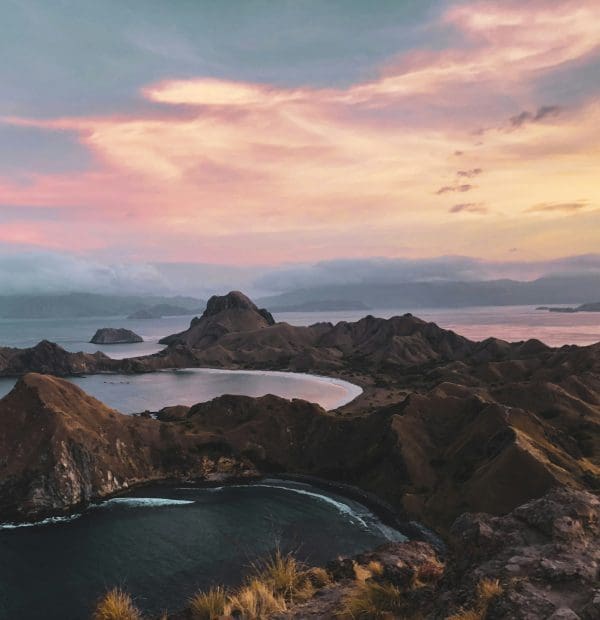Ocean conservation efforts are significantly driven by adventure diving with its inherent sense of exploration and discovery. In this regard, adventure divers, the custodians of the planet’s last wild frontiers for example, should be at the forefront in protecting our underwater worlds. This long-lasting symbiotic relationship between adventure diving and marine conservation is critical not only to preserve pristine dive sites but also to guarantee the durability of global marine ecosystems.
The Crossroads of Adventure Diving and Marine Conservation
Adventure divers crisscross the globe in search of the most remote, untouched parts of our oceans. The pursuit for unspoiled beauty not only drives adventurers; it also exposes them to how fragile these ecosystems can be. Being eye witnesses to climate change, overfishing and pollution effects on these underwater paradises makes divers advocate for marine protection.
Eco-Friendly Diving Practices
Marine conservation rests on eco-friendly diving practices. They help ensure minimal intrusion by divers while maintaining positive contributions to the environment.
- Buoyancy Control: This way a diver can master buoyancy needed to avoid disturbing coral reefs or coming into contact with any part of a seafloor thus reducing physical damages and stress levels among sea creatures.
- Responsible Interaction: Marine life is not disturbed or harmed by diver presence when they abide by a policy that permits just looking without touching.
- Dive Against Debris: Participating in such cleanups underwater helps remove junk that seriously threatens ocean dwellers’ lives.
- Sustainable Dive Tourism: A choice of dive operators who practice sustainable policies will generate local economic incentives towards maintaining their marine resources.
- Education and Awareness: By learning about marine ecosystems and sharing knowledge, one can create a community of informed divers dedicated to conservation.
- Adventure Divers as Citizen Scientists
Citizen scientists often use marine data collected by adventure divers too. Such information is useful in scientific research as well as conservation planning through the collection of data on marine biodiversity, water conditions and the presence of invasive species.
- Photo Identification: Taking photos of marine species have been helpful in monitoring their populations and movements hence contributing to long-term ecological studies.
- Reef Health Surveys: Global reef conservation efforts that are led by divers can only be successful if they participate such as those organized by Reef Check Foundation.
- Species Monitoring: Rare or endangered species sightings must be reported so that early warning signs and habitats requiring protection can be noted.
- Preserving Pristine Dive Sites
The preservation of pristine dive sites is vital for the sake of biodiversity maintenance and good health in marine ecosystems. Adventure divers contribute significantly to this cause through advocacy, education, and direct action.
- Marine Protected Areas (MPAs): Conservationists’ support for the establishment and enforcement of MPAs will protect critical habitats as well as hotspots for biodiversity.
- Reducing Carbon Footprint: In order to fight climate change which poses a major threat to aquatic regions, divers should offset their carbon footprint while traveling using eco-friendly means or donate to carbon off set programs .
- Supporting Conservation Projects: Monitory donations together with volunteer assistance help in implementing marine-oriented activities like research, restoration, and protection under various conservation organizations.
Impact of Marine Conservation Efforts
It is the dedicated work of the diving community that has led to significant landmarks in conservation. The revival of coral reefs in marine protected areas, recovery of endangered populations and increased consciousness and participation in related matters are proofs that this is not in vain. Furthermore, the increasing use of eco-tourism and establishing conservation norms into diving certifications point out an industry wide change toward sustainable diving.
The partnership between adventure diving and marine conservation represents a strong strategy to protect our underwater worlds.


Leave a Reply